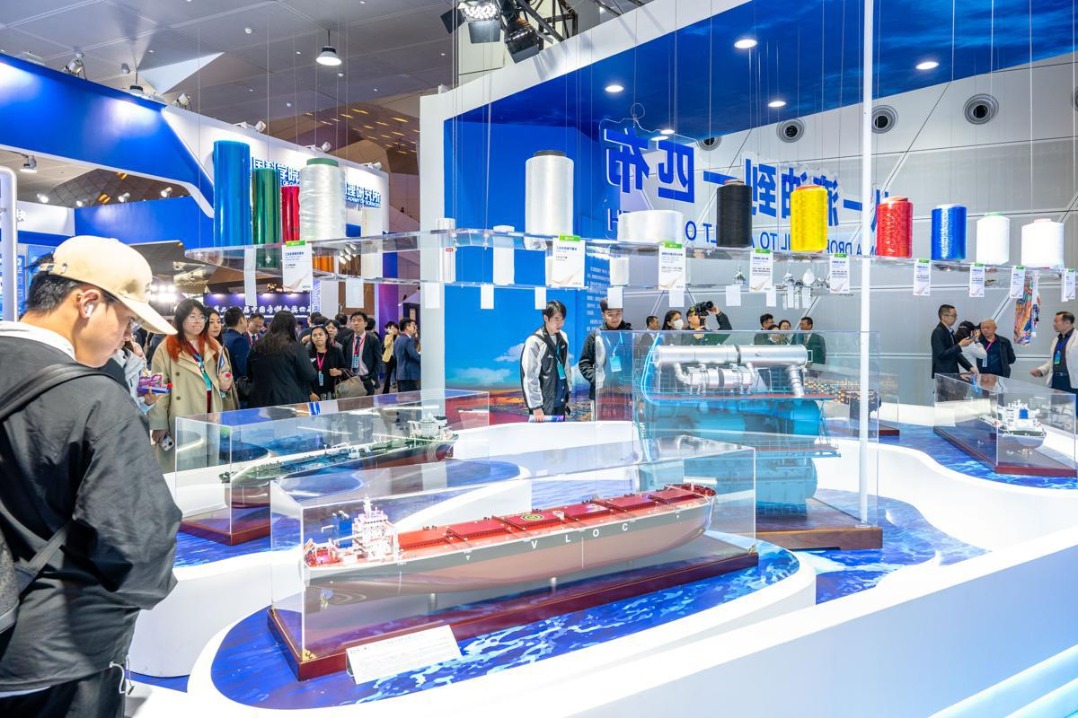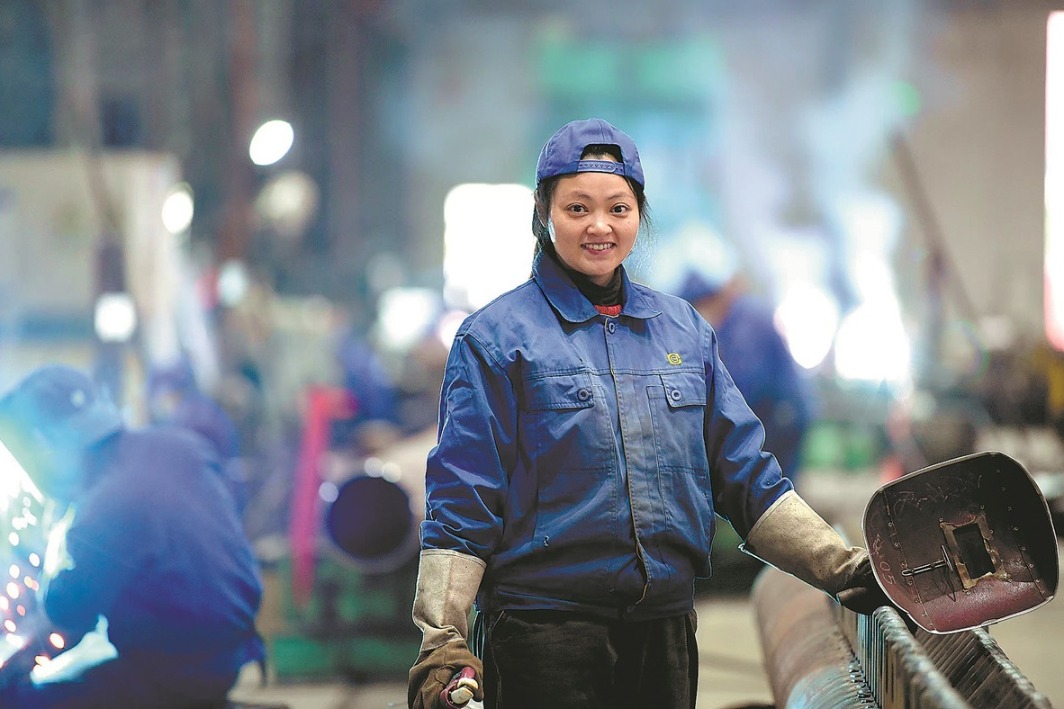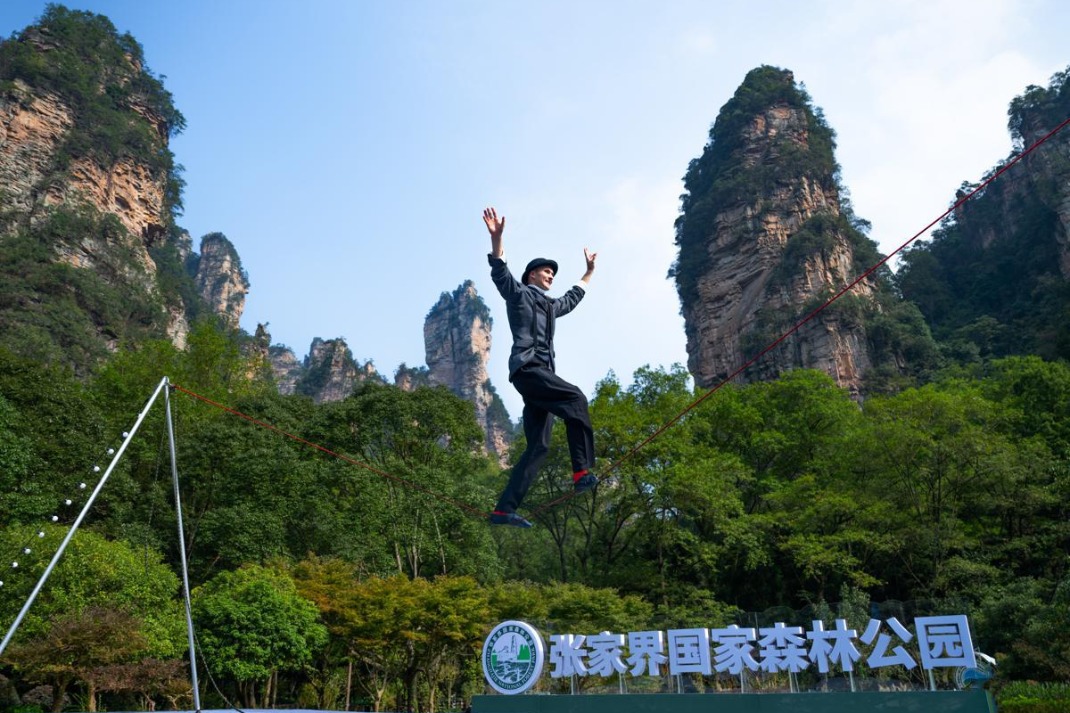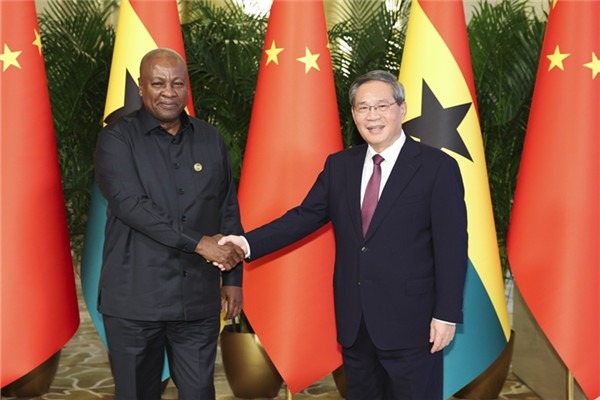MTR wades through floods of crises

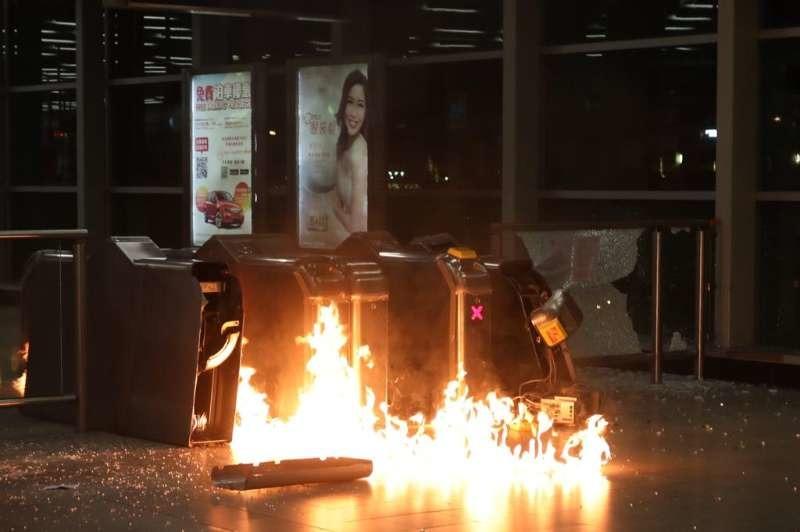
It never was a "mission impossible" for MTR staff to stop people from stealing rides, until masses of protesters did so recently. Mobs were seen jumping over turnstiles without paying, to avoid being identified if they use their Octopus cards.
MTR staff complained that when they tried to apprehend fare jumpers, a crowd would form hurling abuse at staff members for "obstructing the demonstrations".
Nothing like this has ever happened before, the manager said. The person recalled transport in the city becoming obstructed, in 2005, when South Korean farmers sparked riots, surrounding the Sixth Ministerial Conference of the World Trade Organization. Back then, the rioters were condemned by the public in general, and staff had little difficulty maintaining order.
Stealing rides poses a serious concern for the city's public transport system, not so much financially, but for the corrupting influence on social morality, the staff member said.
The individual noted that the MTR's high efficiency is based on mutual trust and a high degree of self-discipline among Hong Kong people.
"Once that trust is broken, does MTR need other means to discipline its passengers? Will security checks be necessary one day?" the staff member asked.
A sharp drop in MTR's revenue is likely to result from decreased passenger traffic during recent months. MTR reported a decline of 7.5 percent year-on-year in passenger traffic in August.
The Airport Express that links Hong Kong International Airport and the city's principal urban areas saw a drop of 10 percent in passenger traffic, presumably due to direct disruptions of the airport by protesters on Aug 12 and 13.
The Hong Kong West Kowloon high-speed rail station, constructed by MTR and commissioned late last year, carried 1.14 million passengers in August, down nearly 30 percent from July.
Ridership has been affected by a 40 percent drop in tourist arrivals in the city over the past month alone. In the meantime, the people of Hong Kong are cutting back on shopping and leisure dining, because of frequent disruptions caused by protests, including violent clashes across the city.
- Renowned global scholars discuss key role of China studies at Shanghai event
- Global experts praise China for innovations in sustainable agriculture
- Foreign delegates praise Beijing women's service center
- China to recruit over 38k civil servants in 2026
- Former Inner Mongolia legislator sentenced to death with reprieve
- Broad network boosts emergency food supplies

















